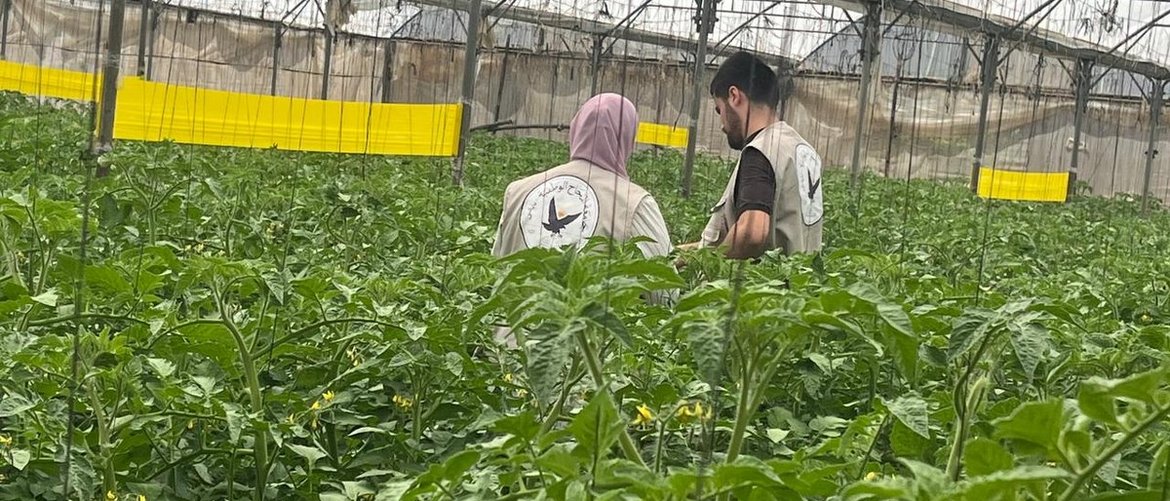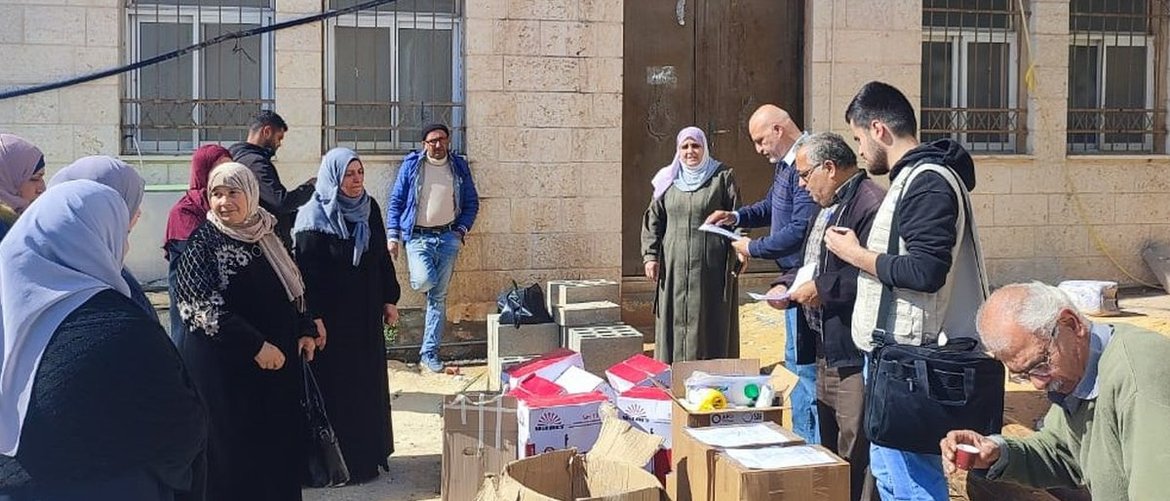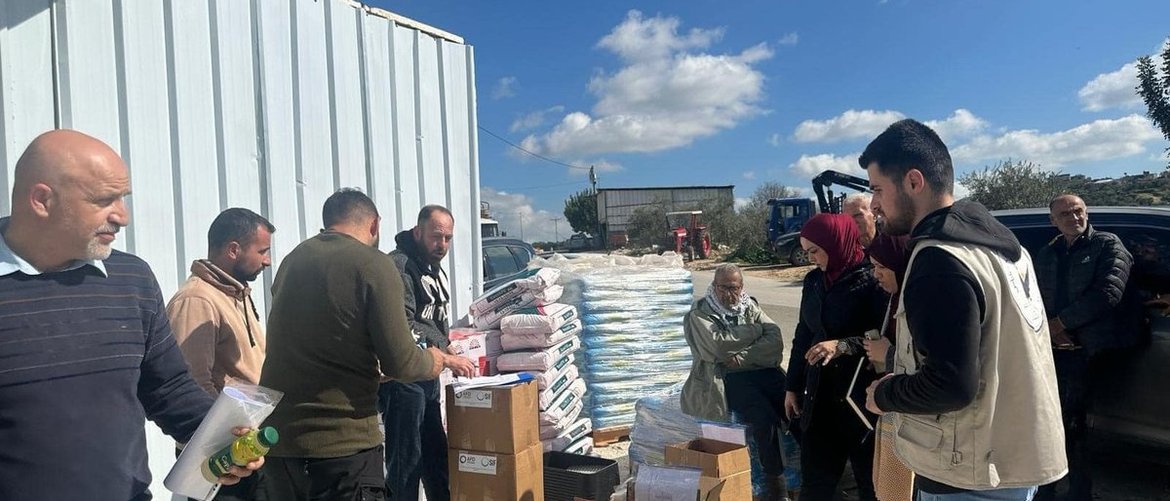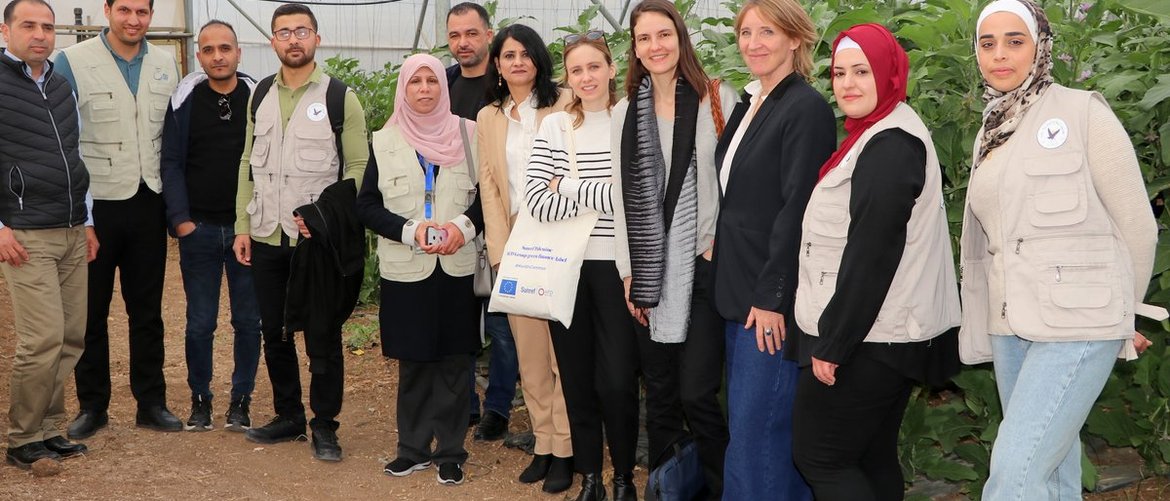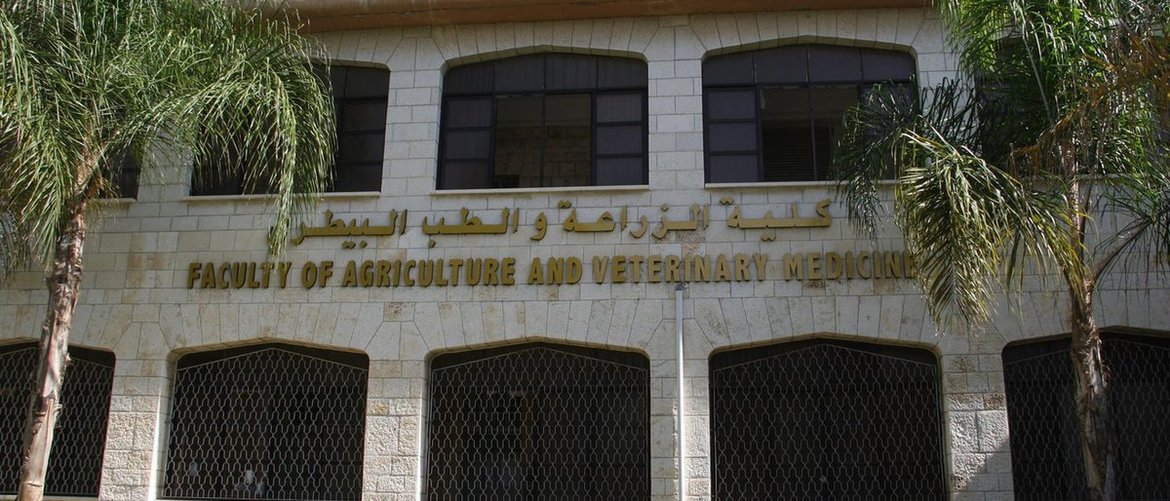Building Community Resilience and Improving Livelihoods and Food Security through
Good Agricultural Practices Project (PAL.G.A.P)
In response to the growing challenges facing the agricultural sector in Palestine, the project titled "Building Community Resilience and Improving Livelihoods and Food Security through Good Agricultural Practices" emerges as a strategic initiative aimed at enhancing the sustainability of agricultural production and improving the safety and quality of food products, particularly fresh vegetables.
About the Project



